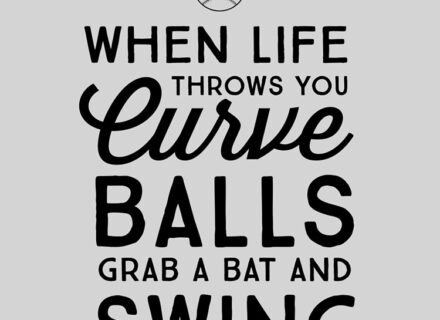One of the many reasons I like Twitter is finding tweets that spark ideas or deliberation of thought. One such tweet for me this weekend was from @davegerhardt (DG), former VP Marketing @ Drift and soon to be CMO (somewhere). He said ‘stories > spreadsheets’. For the layperson, he’s basically saying that stories, in marketing, are more important than spreadsheets. That’s the gist, at least.
My knee-jerk twitter response was simply ‘Stories supported/backed up by spreadsheets = 100%’.
My response is what I’ll unpack in this post. One more tweet-reply first, from @saykay (VP Global Marketing @ Adobe)…
What do stories have to do with spreadsheets, or vice versa?
As a marketer, we are always thinking about the stories we can create or share that will move our target buyers to a favorable decision with our products and services. Favorable meaning, they choose us vs the competition or alternatives. Also as a marketer we should be thinking about, and acting on, the data we’re capturing to help us make better decisions for the business. That’s anything from website traffic to the ROI metrics we have to deliver to prove/defend marketing’s value, and everything in between.
The original tweet from DG suggests that stories are more important than spreadsheets. My take is that they are complementary to one another and that the story you are telling should, in some form, show up in the numbers to confirm that the story is actually resonating with your target market(s) and buyer(s). If it doesn’t, then there’s probably a different story you’re not telling that is driving the numbers.
Stories proven by spreadsheets
Here’s a simple illustration to help you think about this. If the story you are telling says that your target customer values blue high top sneakers with gel soles, and you’re selling a lot of them at a profitable clip, then it would seem the story is being proven by the numbers (a.k.a spreadsheet). But, if you’re telling the same story and not hardly selling any of that type of shoe, you’re probably telling the wrong story. This is where the story and spreadsheet collide and must be in sync.
Funding more stories
To the point Sarah makes in the tweet above, spreadsheets are also the way you get more funding for the stories and marketing projects you want to deliver to the market. Spreadsheets are the language most CEOs and CFOs I’ve worked with speak. Tell the story, back it with the spreadsheet. This reminds me of a book titled ‘Marketing is Finance is Business’, by Chris Burggraeve (@chrisburggraeve), former CMO of AB InBev.
I’ll end with a thanks to @davegerhardt for prompting the thoughts on this topic and to @saykay for setting him straight! 😉






